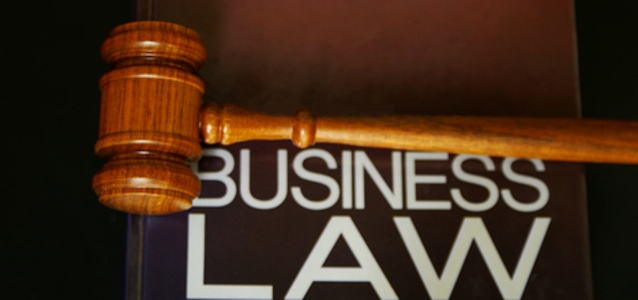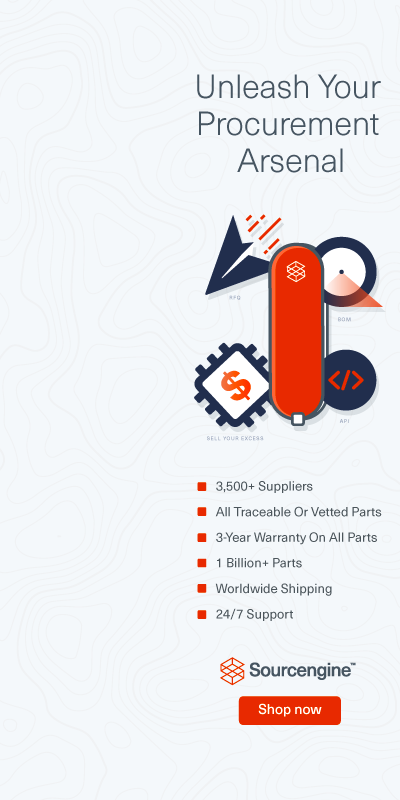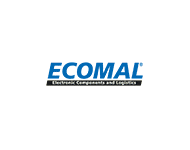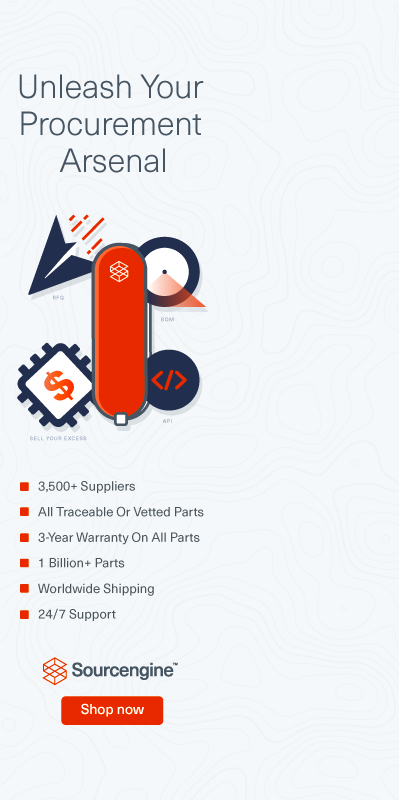
© tom schmucker dreamstime.com
Business |
Johnson Control gets off lightly
The European Commission has fined Campine, Eco-Bat Technologies and Recylex a total of EUR 68 million for fixing prices for purchasing scrap automotive batteries, in breach of EU antitrust rules.
A fourth company, Johnson Controls, was not fined because it revealed the existence of the cartel to the Commission.
Commissioner Margrethe Vestager, in charge of competition policy, said: "Well functioning markets can help us reduce waste and support the circular economy. Therefore, we do not tolerate behaviour that undermines competition. The four companies fined today have colluded to maximise their profits made from recycling scrap batteries, reducing competition in this essential link of the recycling chain."
From 2009 to 2012, four recycling companies took part in a cartel to fix the purchase prices of scrap lead-acid automotive batteries in Belgium, France, Germany, and the Netherlands. The companies are Campine (Belgium), Eco-Bat Technologies (UK), Johnson Controls (US) and Recylex (France).
Automotive batteries are the world's most recycled consumer product. Practically 99 percent of car batteries in the EU are recycled. Around 58 million automotive batteries are recycled in the EU every year. Recycling companies purchase used automotive batteries (from cars, vans or trucks) from scrap dealers or scrap collectors. The used batteries are obtained from collection points such as garages, maintenance and repair workshops, battery distributors, scrapyards and other waste disposal sites. Recycling companies carry out the treatment and recovery of scrap batteries and then sell recycled lead, mostly to battery manufacturers, who use it to make new car batteries.
Unlike in most cartels where companies conspire to increase their sales prices, the four recycling companies colluded to reduce the purchase price paid to scrap dealers and collectors for used car batteries. By coordinating to lower the prices they paid for scrap batteries, the four companies disrupted the normal functioning of the market and prevented competition on price. This behaviour was intended to lower the value of used batteries sold for scrap, to the detriment of used battery sellers. The companies affected by the cartel were mainly small and medium-sized battery collectors and scrap dealers.
The majority of the anti-competitive contacts between the four recycling companies took place on a bilateral basis, mainly through telephone calls, emails, or text messages. Some contacts also took place in person, either in bilateral meetings or, less frequently, in multilateral meetings. The parties were well aware of the illegal character of their contacts and sometimes tried to disguise them by using coded language, for examplebreferring to weather conditions to signal different price levels.
| Name | Reduction under the Leniency Notice | Fine (EUR) |
| Johnson Controls | 100% | 0 |
| Eco-Bat | 50% | 32'712'000 |
| Recylex | 30% | 26'739'000 |
| Campine | 0% | 8'158'000 |
- The Commission reduced Campine's fine by 5 percent as it played a more minor role than the other cartel participants.
- Johnson Controls received full immunity for revealing the existence of the cartel to the Commission, thereby avoiding a fine of EUR 38'481'300.
- Eco-Bat and Recylex benefited from reductions of their fines for their cooperation with the Commission's investigation.
- Campine's leniency application was rejected as the Commission found that the company had not disclosed its participation in the infringement.






